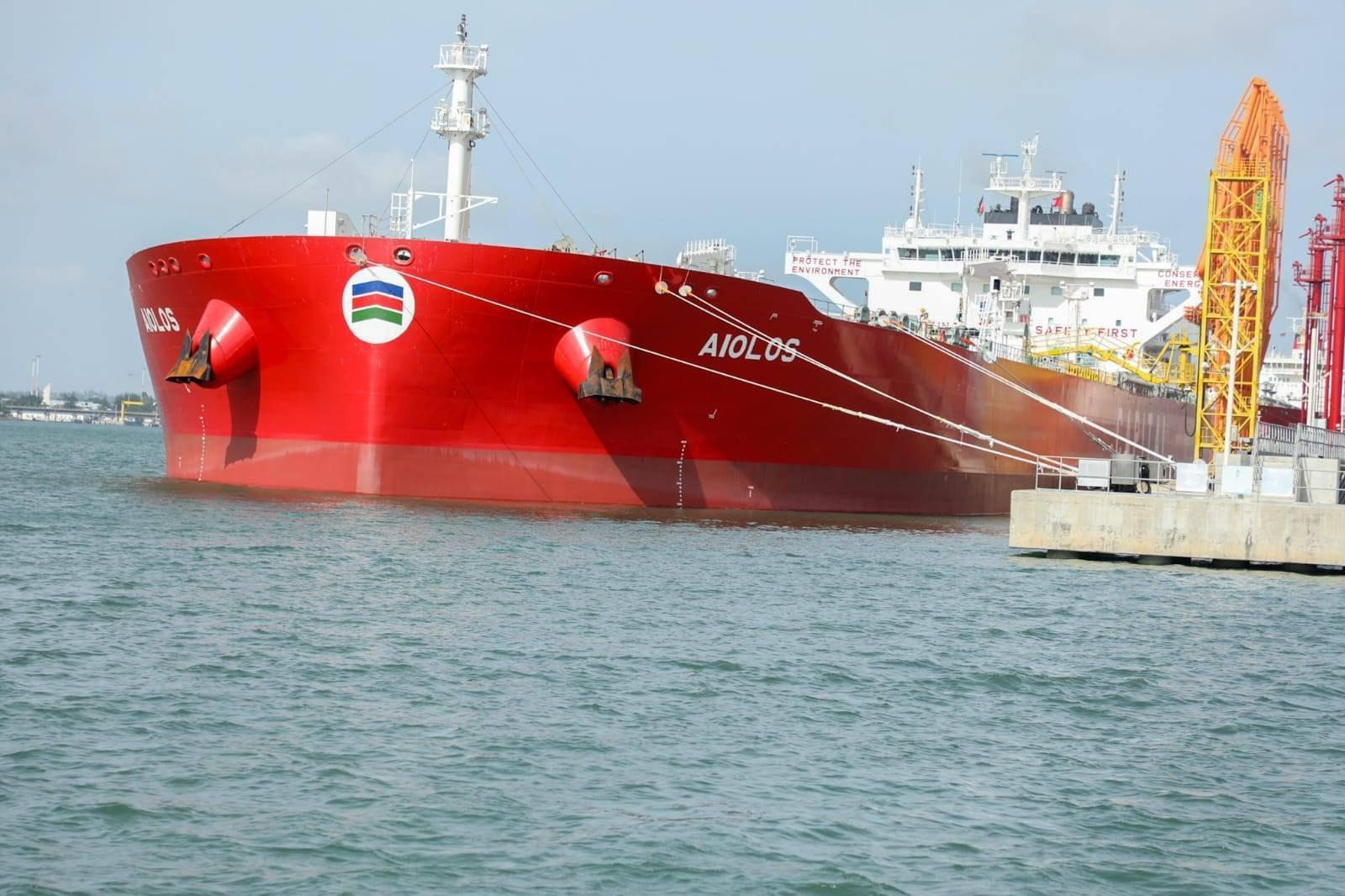Africa-Press – Tanzania. The International Maritime Pilots’ Association (IMPA) has committed to nurture future leaders following the launch of the IMPA Foundation, aimed at addressing the maritime industry’s growing workforce challenges.
According to Captain Simon Pelletier, the chairperson of the Board of Trustees, IMPA Foundation, the shortage of mariners and officers is a pressing concern.
“The global community of maritime pilots is committed to helping address this challenge, and we believe the Foundation will play a significant role in encouraging the pursuit of fulfilling careers in the sector,” he said.
The London-based foundation seeks to close this gap by funding education and attracting young, diverse talent into maritime careers.
Its mission is to build a resilient workforce capable of adapting to technical change while maintaining high standards of safety, environmental responsibility and operational excellence.
Beyond financial support, the Foundation will offer mentoring and practical guidance to help aspiring maritime professionals succeed in a rapidly evolving industry.
Other trustees include Guy Platten, former Secretary General of the International Chamber of Shipping, and Ambassador Nancy Karigithu, stressed the transformative power of education.
“The IMPA Foundation is more than an investment in skills; it is a commitment to nurturing talent and opening doors for the next generation of maritime leaders,” she said.
Day-to-day operations will be led by IMPA’s Sustainability and Relationships Director, Eliane Blanch, who will turn the board’s vision into measurable impact.
The Foundation’s first programmes are set to launch soon, with IMPA inviting stakeholders to collaborate in shaping a sustainable future for global shipping.
The shipping sector carries about 90% of global trade but faces both a labour shortage and a widening skills gap.
A report by the Maritime Just Transition Task Force estimates that more than 800,000 seafarers will need upskilling by 2030 to meet the demands of decarbonisation and digitalisation.
Source: The Star
For More News And Analysis About Tanzania Follow Africa-Press







